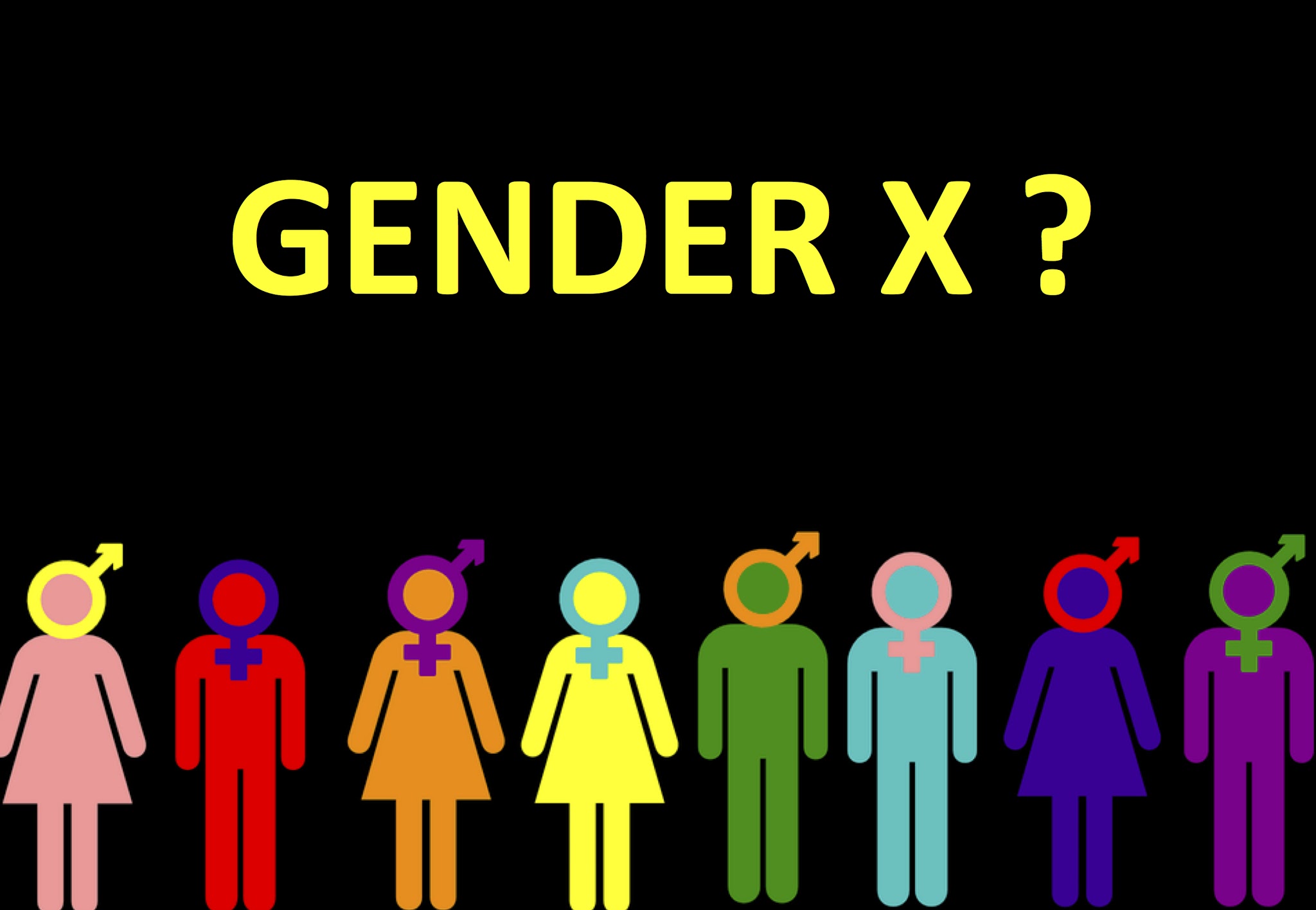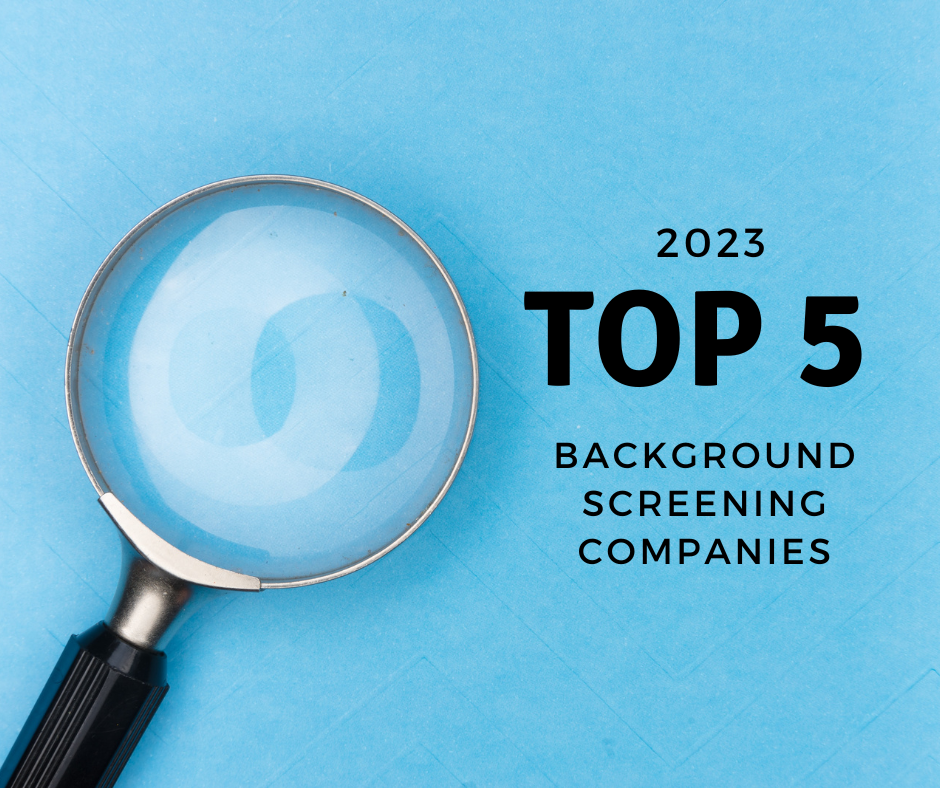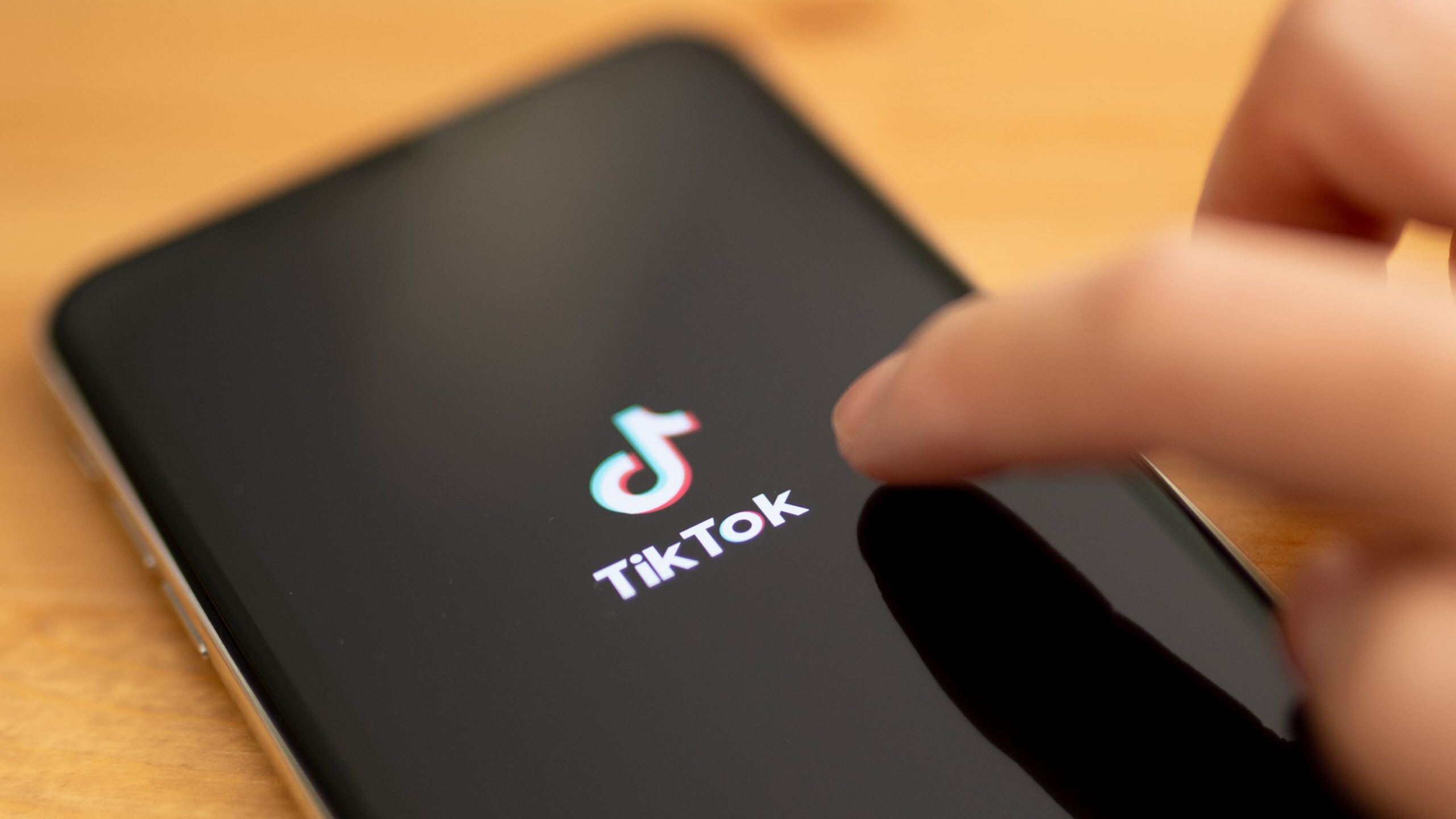More than 1 million nonbinary adults live in the United States today, according to a study revealed in the Washington Post. This growing population and the need to comply with sex discrimination practices has placed an added emphasis on employers and the companies they hire to run background checks to balance inclusion and equity with protecting existing employees and company assets.
Background checks include employment, credit, and education verification, as well as criminal and driving record checks. But there is a growing challenge in getting accurate background checks from those individuals who are identifying as something other than their assigned sex at birth. This article endeavors to explain this challenge.
Benefits of Background Checks for Employment
Because every time a company hires a new employee, an investment in time, money, and resources is made, it’s important to gain the most information possible on candidates. From an employer’s point of view, a background check for employment is an important step to help ensure they make sound hiring decisions. Especially in today’s remote work environment, a potential employee could live too far away for an in-person interview.
CNBC reported that 78% of job seekers are not truthful during the hiring process. So, the benefits of conducting a background check include:
- Verifying a job seeker’s claims
- Protecting the employer legally from potential risks
- Increasing workplace safety
- Safeguarding company and customer data
- Adhering to company compliance regulations
How Background Checks Are Performed
Background checks for employment help employers narrow down their candidate pool to find the prospect with the best experience and fit for the position. Some employers even wait until a conditional job offer is made to run this check.
All an employer needs to run a background check is the candidate’s full name, social security number, and date of birth. If a credit report and school transcripts are included in the check, then the candidate’s consent is also required.
Today, more and more companies opt to use a professional service such as BIB because it helps ensure the check is conducted and presented in an objective, nondiscriminatory manner. While companies can perform their own background checks, they do not have the same level of experience and expertise that a dedicated professional screening service has.
About Gender and Background Checks
More and more individuals, especially the younger generations of workers, are identifying as something other than their assigned sex at birth and are looking to participate in the workplace in their nonconforming identities. Advertising agency Big Eye recently conducted a study in which it found that
- Millennials are more than twice as likely to identify as LGBTQ than older generations.
- 56% of Gen Z respondents know someone who uses gender-neutral pronouns.
BIB now provides the opportunity for LGTBQ+ individuals to choose Gender X for our background reports, allowing the job seeker to claim an identity that is not exclusively male or female.
The Challenges Background Check Companies Face
Striving to implement excellent screening services while also trying to be sensitive to the needs of LGTBQ+ job seekers is a balancing act. While adding a Gender X choice is becoming more widespread in its use, it is far from universal. It is now an option on Passports and, in many states, driver's licenses, but gender identity is a fairly new concept. Government data sources have no common nomenclature for nonconforming gender. They only use the traditional male and female gender choices.
This poses inconsistencies in which background checks can become less than completely accurate. Should an LTBGQ+ person not provide their birth name as a former name, sometimes referred to as a deadname, prior employment information, criminal activity, and other data that took place prior to the name change might fall short.
For instance, when a person changes their name and gets an updated driver’s license, the Department of Motor Vehicles will update that person’s record across their driving history. All past tickets, suspensions, and other infractions will show up on a background check.
Verifying work history is not as easy. Chances are, past managers or HR departments know the candidate having the background check by a different name so records will be filed under that name and not the one we are researching.
Even criminal records are brought into question. Because criminal records are public records, they exclude sensitive information, including social security numbers. The new name or deadname will not bring up any criminal record before the name change.
So, allowing someone to use a nonconforming gender will most likely exclude it from disqualifying a record.
Workplace Inclusion vs. Workplace Safety
Fostering a culture of equity and inclusion is a growing value within companies. Over the past few decades, major consumer brands have sponsored Pride events. Also, there's been a recent amicus brief advocating for the Supreme Court's decision in 2020 protecting LGBTQ+ people from workplace discrimination. Global consulting company McKinsey & Company shows that, while there is a growing case for inclusion, the LGBTQ+ community is still underrepresented in the workplace.
Workplace security firm, Valentis reports that approximately 2 million American employees experience workplace violence each year. In addition, employee theft is an everyday occurrence in which money, supplies, misuse of corporate credit cards, and even inaccurate timesheets are in question. It is much more common than one would think.
Until there is a solution for those with nonconforming gender identities that are universal, inclusivity will be an important value but not at the expense of safety. Employers are legally obligated to protect their businesses, staff, and customers. And our number one obligation to our clients is to help them lessen the risk of a workplace incident. It’s all about maintaining a safe environment where your products, services, and employees can thrive.



